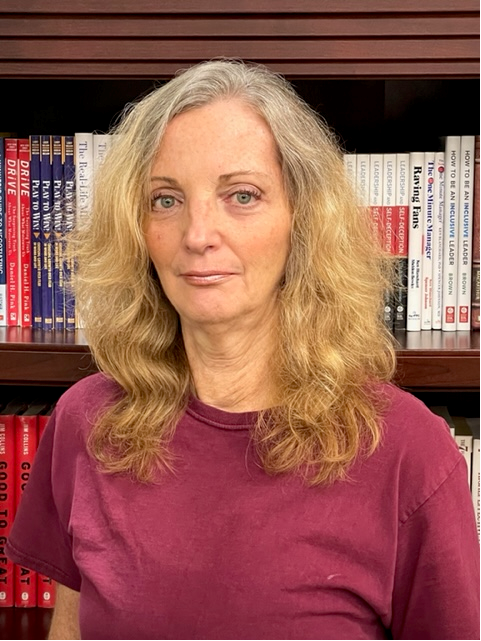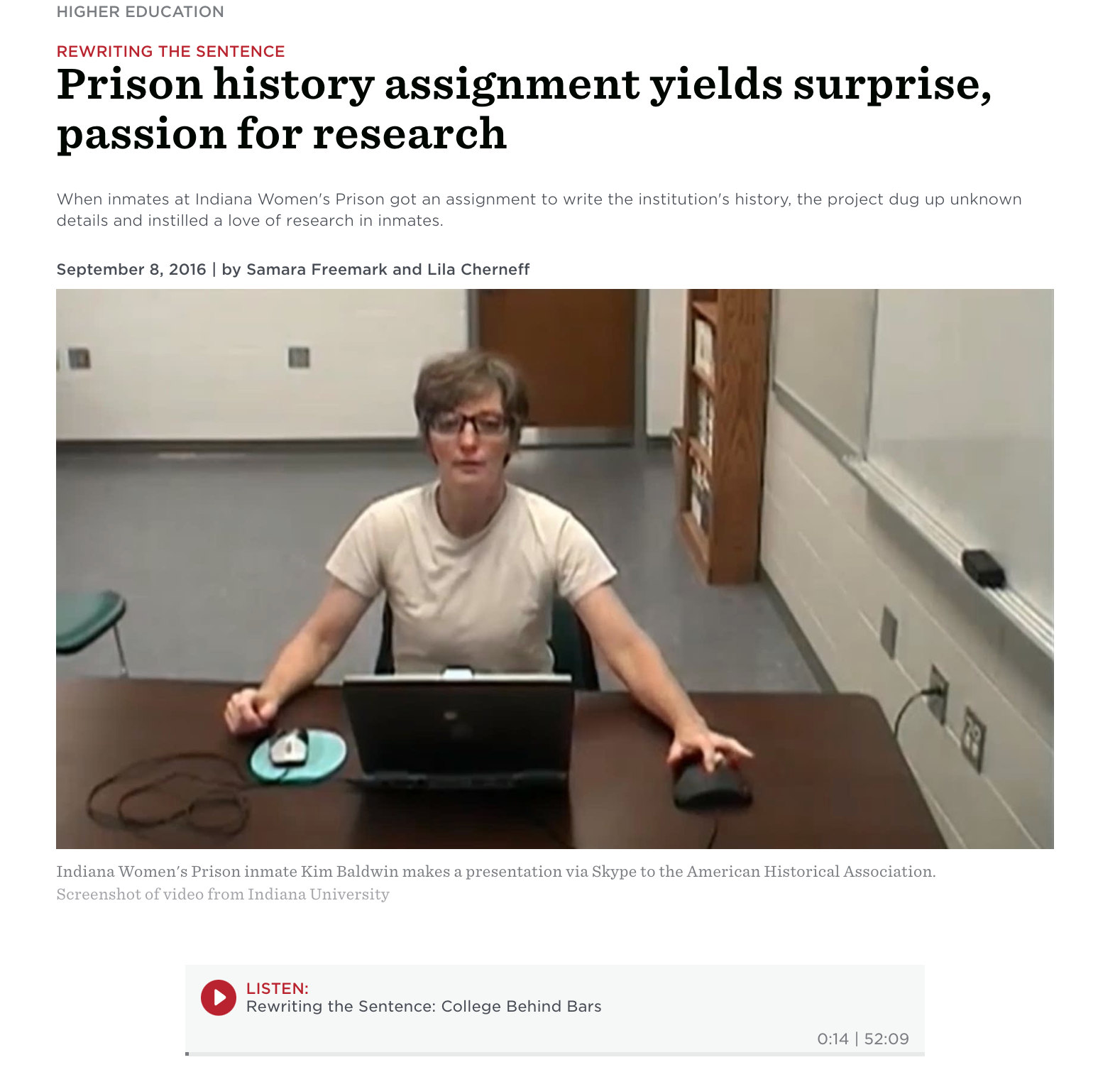Kimberly Baldwin
Photo by Jack Hooker/Televerde
Manifesting the Miraculously Messy
A Spiritual Autobiography
Reincarnation is the rebirth of the soul in a new body after death. There are a myriad of variations on this theory, one being that we pick our parents. Some scholars teach the theory that our parents are an earthly veneration of God and our relationship with them influences all our other relationships, including how we experience the Great Creator.
Assuming this is plausible, what was I thinking? My mother, a teenager before Roe v. Wade, had me when she was just 15 years old. Adopted shortly thereafter, I cannot recall a time when I was not acutely aware of “being adopted” which for me was synonymous with “abandoned.”
My adopted parental deities ate Life Savers for breakfast, smoked Lucky Strikes by the carton, and drank Dark Eyes vodka from a brown paper bag hidden under the front seat of the car. Their moods fluctuated wildly depending on the hour and degree of intoxication. One minute they could be overtly affectionate and in the blink of an eye belligerent and violent. Never knowing from one minute to the next what would transpire, my first encounter with divinity was twisted, toxic, and conditional.

Scholarship
Kim Baldwin played a very important role in the early years of the Women’s Prison History Project. No one knew anywhere near as much about 19th century American history as Kim did. She was especially knowledgeable about the economic history of the nation in the critical decades after the Civil War—the period when the Homes for Friendless Women, the House of the Good Shepherd, and the Indiana Reformatory Institution for Women and Girls were founded and struggled to survive.
Kim gave no quarter to the founders of these carceral institutions and their powerful allies in 19th Century politics, finance, and religion. Her scathing portrayals of those in power in the “Belle” and “Jennie” chapters in Who Would Believe reveal the founders’ and their cronies’ “counterfeit decency.”
Though Kim was banished to Rockville Prison three years into the history project (for her equally scathing portrayals of those who were currently in power at the Indianan Women’s Prison), we are fortunate to have some highly engaging videos of Kim presenting her paper to the American Historical Association in January 2016 and of well-known historians Alex Lichtenstein and Elizabeth Hinton discussing the papers presented by Kim, Anastazia Schmid, and Michelle Daniel Jones with the authors.
Kim Baldwin’s presentation to the
American Historical Association conference
January 2016
Q& A with Alex Lichtenstein for the American Historical Association Conference January 2016
Q&A with Elizabeth Hinton for the American Historical Association Conference January 2016
Kim’s AHA paper, Counterfeit Decency: Charity as Exploitation in the Creation of Women’s Reformatories, is an earlier and more expansive version of her chapter “Jenny” (co-authored with Michelle Williams and Molly Whitted) in Who Would Believe for those readers who want to know more.
Kim’s chapter, “Belle,” in Who Would Believe was based on a paper that she presented to the Indiana Bicentennial Conference on Hoosier Women at Work in March 2016 entitled The Plight of Poor Women in the Affluent Nineteenth Century: A Case of Deliberate Indifference.
Higher Education in Prisons
Not surprisingly, Kim is a strong advocate for higher education in prisons. She earned her Bachelor’s and Associate’s degrees (magna cum laude) from Oakland City University while in prison. In 2016, Kim, Anastazia Schmid, and Michelle Daniel Jones were featured in Rewriting the Sentence—an hour-long program on public radio about the college programs in the men’s prison in San Quentin, CA, and at IWP.
Dog Trainer
Before being transferred from the Indiana Women’s Prison in Indianapolis to the women’s prison in Rockville, IN, Kim trained service dogs for children and adults living with disabilities. During that time she worked with scientists from Eli Lilly helping to develop and implement “scent detection” training for dogs assisting diabetics.

Teaching, Tutoring, and Working in Prison
Kim has been a long-time yoga instructor and academic tutor for women struggling with school in prison. She designed a curriculum and led instruction for a variety of classes ranging from parenting to money management that was considered to be one of the best performing programs at IWP.
At Rockville prison, she has worked for six years for the Televerde Corporation, with high performance standards and satisfaction ratings in their call center. Kim wrote:
I was hired in 2016 and within two years I was an Administrator in the Quality Department where I work still and have the position of team lead in outbound side of the house. Televerde is a global B2B sales and marketing technology company - revenue creation partner supporting marketing, sales, and customer success. Televerde helps disempowered people find their voice and reach their human potential.


